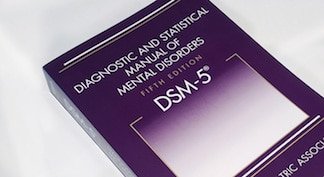ASWB Practice Question: Minor Informed Consent
Minor consent for treatment is a topic I get questions on multiple times per week as an LCSW coach. So what is informed consent? Informed Consent Definition Informed consent is defined as the process for getting formal permission for treatment and services before engaging in treatment with a client(s). What makes minor consent for treatment so challenging is that rules and laws surrounding informed consent for minors vary state to state and this is a national exam. While you are licensed by your individual state, the licensure exam is the same across all 50 states. Because this is a national


